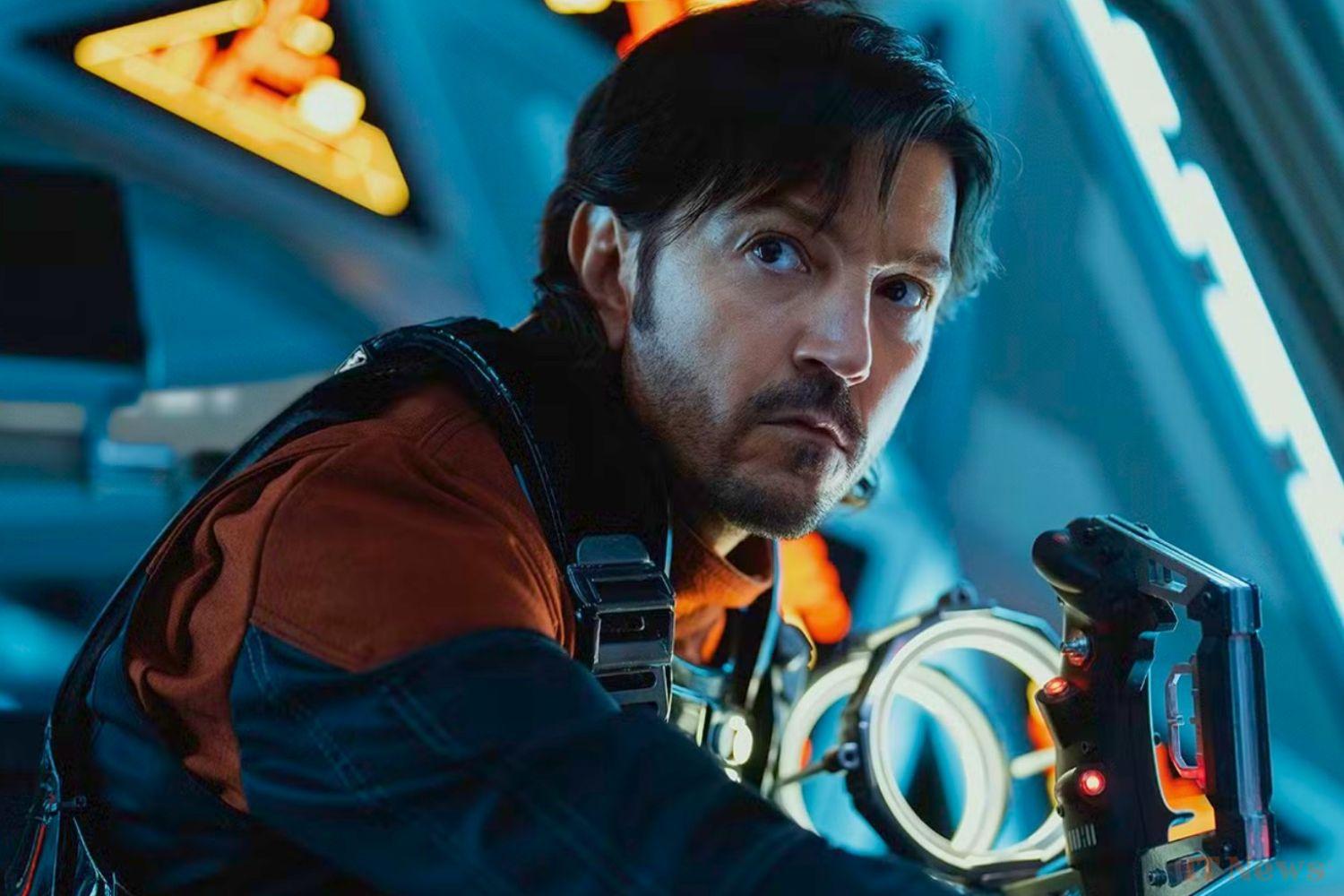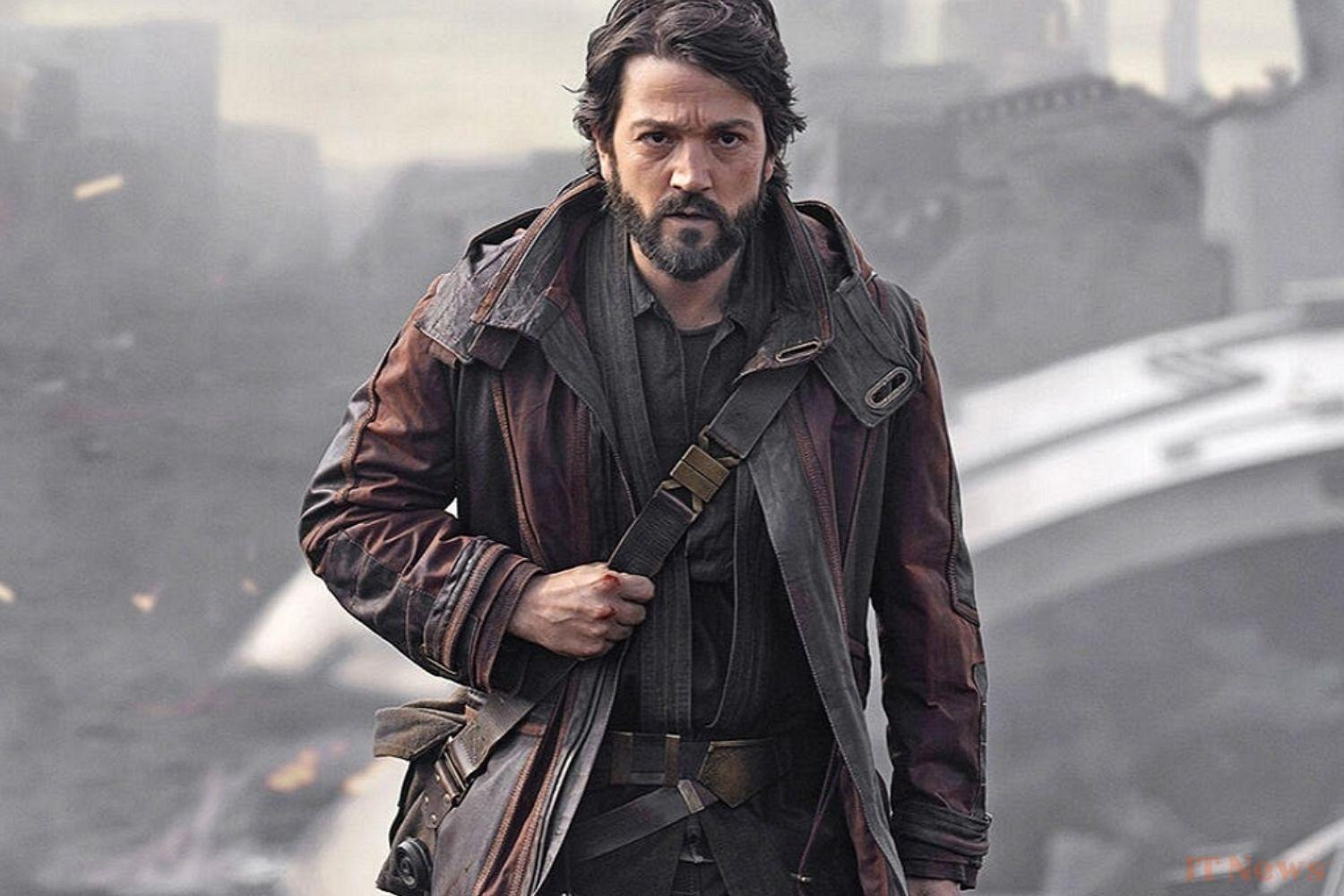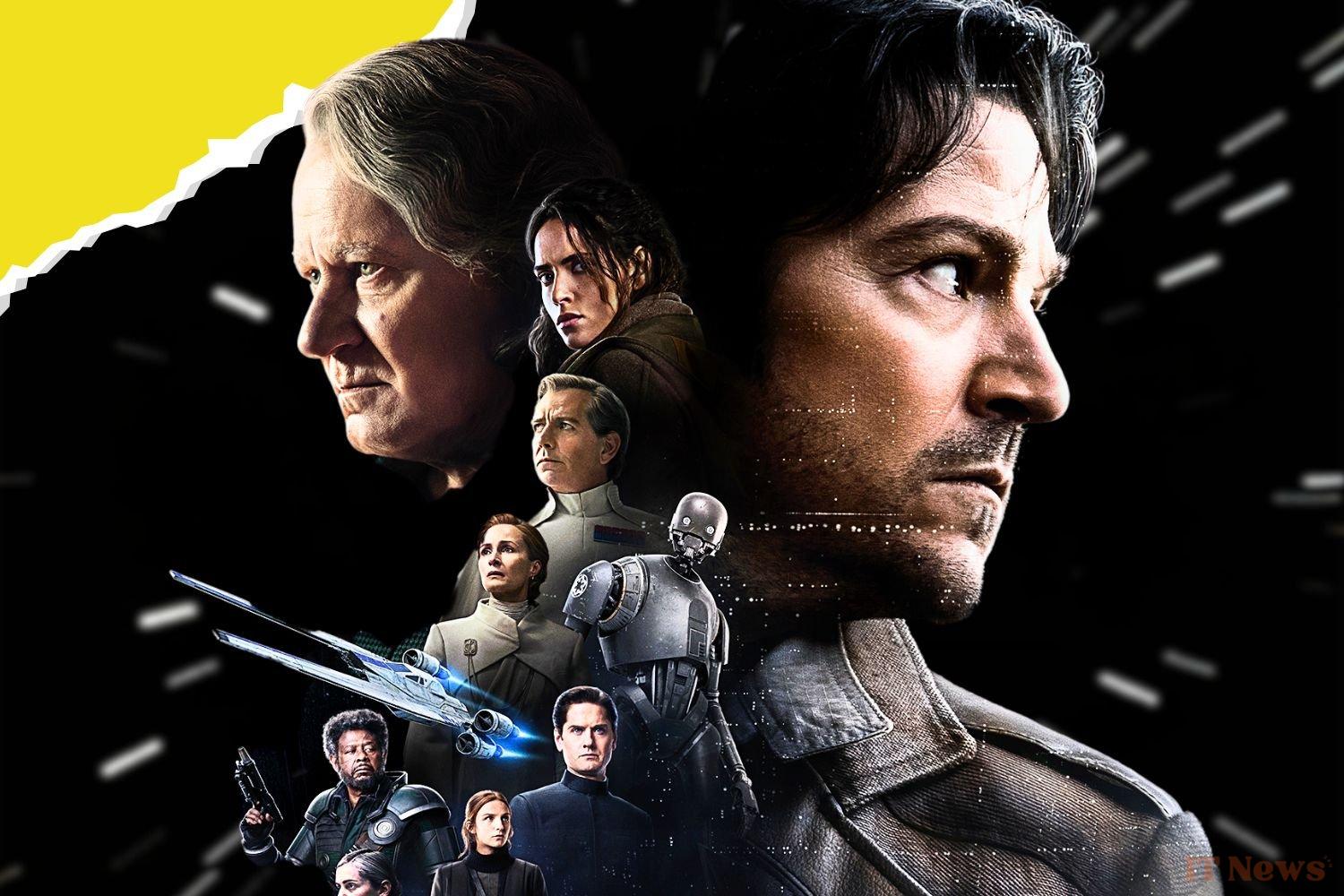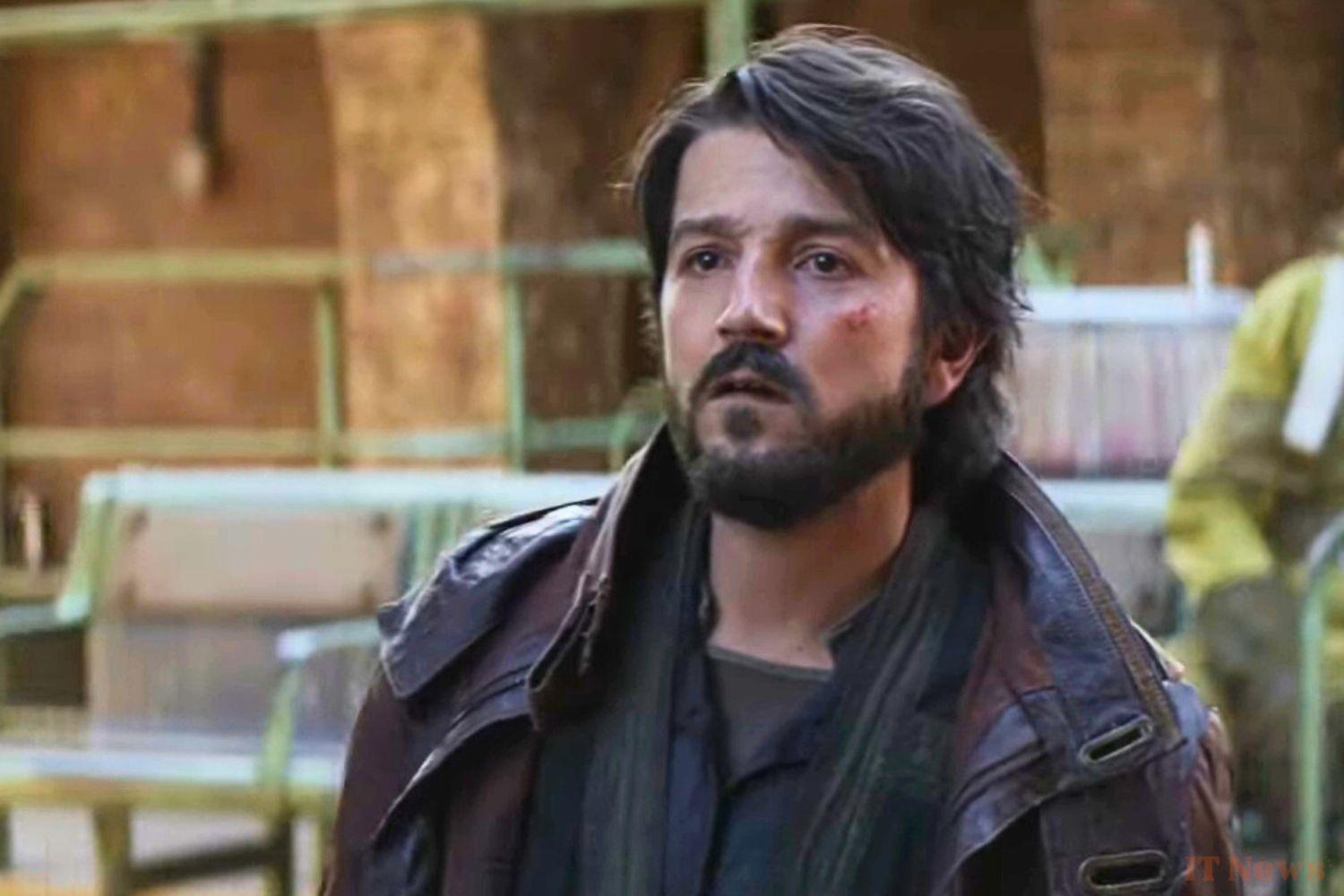It's not easy every day to be the best Star Wars series produced by Disney to date since purchasing the license. Especially as a prequel spin-off to the best Star Wars film produced by Disney to date since purchasing the license. Inevitably, the crown weighs heavily on the head of poor Tony Gilroy, co-writer of Rogue One and responsible for Andor.
We've been waiting three years for the guy to finally unveil season 2 of his baby, affected like everyone else by the writers' strike that hit Hollywood. Especially since he made no secret of it: Andor will not have a season 3, the events of this second batch catching up with those of Rogue One. So, it's not to put pressure on him, but this return must both live up to the first season and properly close the plots before the arrival of Jyn Erso. No pressure, we said.
The story of Andor season 2 begins one year after the end of the first, four years before the Battle of Yavin, a major moment in Episode IV, A New Hope. And from there... it's impossible for us to reveal the details without risking spoiling key moments of the story. Basically, this season will focus on showing the establishment of the Rebellion and the Empire's Death Star project, with an ever more active Cassian. In short, we're not telling you anything new, but we recommend you give yourself a refresher on the first season before you start.
Be aware, however, that the season's narrative has been cut into four distinct segments of three episodes, with time jumps between them. We therefore start 4 years before Yavin and finally arrive at the first scene of Rogue One. A breakdown that will have great importance in the storyline, but also in our overall appreciation of the series.
Seen and doesn't care
Gilroy couldn't be counted on to break his principles. If Andor season 1 stood out from other Disney productions in the Galaxy Far, Far Away, the second season could only follow in its footsteps. At a time when The Mandalorian or Ahsoka are fan-service fairs, the story of Andor is not dictated by the Star Wars universe; it is the Star Wars universe that drives the storyline. The showrunner is the sole master on board, and we feel that the show's success allows him carte blanche, especially with this second season.
Concretely, this is felt in the section written by Gilroy himself, namely the first three episodes. A confusing section due to its length and a plot that seems to be marking time. Despite some powerful scenes, we could almost structure everything necessary around a single episode. Except that this is Andor's profession of faith. In other words, a series that has always had no regard for our expectations, our desires. Andor is a show where the character surpasses the larger story, because it is their roles in the latter that make it exist.
Like a game of chess, the rest of the series will simply build on the pieces advanced by Gilroy in this first segment, but always taking great care to follow the path laid out, not worrying about what people will think. Many questions left hanging at the end of season 1 will remain unanswered, creating both a sense of frustration and a pleasure to see where Gilroy wants to take us, without taking the beaten track. We don't get what we expect, and that feels good.
Four series in one
Although the first two story arcs were entrusted to Ariel Kleiman for direction, the following two were entrusted to Janus Metz and Alonso Ruizpalacios. Similarly, while Gilroy takes the first quarter, Dan Gilroy, Beau Willimon, and newcomer Tom Bissell take responsibility for their parts. This creative process is far from trivial, since with the time ellipses as a point of separation, it gives a unique identity to each of the four segments.
Each writer and director has their own piece of the story and is responsible for bringing it to fruition, with Gilroy ensuring overall consistency. This gives Andor season 2 a style all its own, even compared to season 1, with a crescendo of power as we get closer to Rogue One, but, above all, each part will offer unique sequences, strong moments, sometimes dreamlike, sometimes spectacular, often tragic.
A rebellion is made of sacrifices
There is, however, a flaw in this strategy, because while we feel that Gilroy can take his time over his game, poor Bissell imposes a running pace on himself, with the Rogue One deadline approaching. And this is perhaps the chink in the armour, Rogue One. The approach to the events described in the films is a thorn in the side of a season 2 that sometimes confuses speed with haste. While the frustration of not getting what you wanted is to the season's credit, seeing the series silence plots that it itself created due to lack of time does not play in its favor.
The ellipses are indeed a clever way to move the story forward without having to dwell on all the elements of the story, but on the other hand, it sometimes too often obscures important passages of this same story. And the first to be sacrificed are the characters so much appreciated by Gilroy.
A central protagonist becomes secondary, a secondary becomes main then disappears, the failed return of emblematic characters due to lack of space to exist... there is a kind of game of musical chairs where there is no longer enough time for everyone and the importance of reaching the end sometimes takes precedence over logical story construction. As if the writers' strike and the desire not to go for a season 3 had caused a number of compromises and cuts that are felt in the final result.
It is always easier to begin than to conclude and Andor is a good example of this. Not that this second season is a failure, far from it, but by having designed a show and a film that complement each other, Gilroy has also allowed them to sabotage each other. And the worst part is that we don't even see how he could have done better, the sacrifices being made more out of necessity than desire.






0 Comments